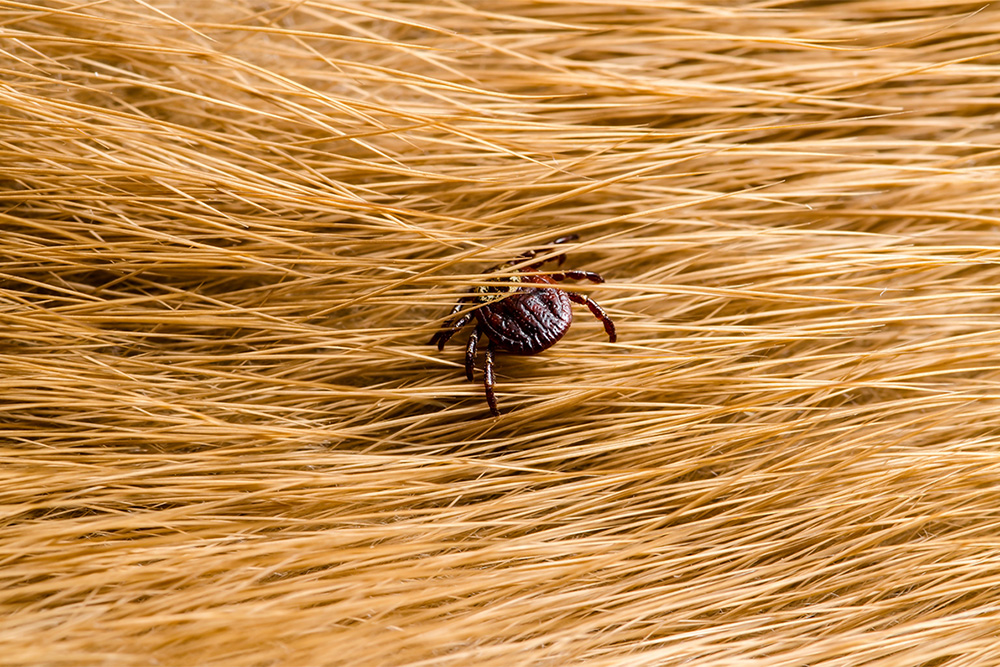Learn
Health & Wellness
From expert insights on weight management to advice on supporting your pup’s mental wellbeing, we cover everything you need to help them live their best life.

How to Properly Clean a Dog Bowl
A dash of dish soap. A little warm water. Slosh it around, dry it off and repeat once every… however many months? If that’s your typical routine for cleaning your dog’s food and water bowls, you’re likely in the majority.

The Aging Microbiome
Help the Nom Nom R&D team learn more about how the canine microbiome changes as the years go by.

5 signs your dog’s stomach is upset
If you suspect your dog’s stomach is upset, the concern can be paralyzing. What do I do? How can I help? Should I call the vet now, or wait until I can schedule a regular appointment? They’re all reasonable thoughts to run through your mind, but as a team of pet health (and gut health) experts, we’ve had plenty of experience with upset stomachs. The best thing you can do in instances of suspected stomach illness is to slow down, take stock and look for a few key indicators.

What causes tear stains in dogs
This red rust (or occasionally brownish rust, depending on the color of your dog’s fur) is what the veterinary community refers to as “tear stains.” While the name may pull up some heart-wrenching images, it’s important to remember that tears come from a variety of places other than sadness or crying — these stains are simply the result of a biological clog.

Signs and Symptoms of Parasites in Dogs
Parasites are part and parcel to a dog’s life. Over the course of your dog’s years, they’re likely to become infected at one point or another. Many (if not most) will go undiagnosed, unacknowledged and untreated. That’s a good thing: Large numbers of canine parasites are relatively benign, and may come to pass as quickly as they arrived.

What Your Dog’s Poop Is Telling You
Here’s exactly what to look for before you bend down to clean up after your pet, so you can help your furry best friend live their healthiest and happiest life.

Seizures in Dogs | What You Need to Know
Seeing your dog experience a seizure can be a startling moment. Though for some pet parents, the signs can be so subtle and instant that the seizure may come and go before they know it. Knowing what to look for, what to do and who to call when your dog has a seizure can make all the difference in getting them the necessary help.

Flea and Heartworm Prevention in Dogs
There’s nothing worse than discovering your beloved pet has picked up a “pet” of his own. Fleas and heartworms are parasites that attach themselves to your furry friend and can eventually wreak havoc on his health. While flea infestations are generally treatable and not always a cause for concern, they can escalate to becoming dangerous to your pet’s health if not treated properly. Plus, they’re just a gross nuisance.

Spring Grooming Guide - Avoiding The Itches, Sneezes And Sniffles
With winter on the outs and nature officially in bloom, cats and dogs everywhere are gearing up to enjoy the spoils of the equinox. Sunnier skies, longer walks and bouncier balls are ahead — but so are the pollen and organic irritants that come with them.

How to Treat Vomiting in Dogs
The most important thing you can do is rule out more serious ailments, though if your dog seems to be behaving normally minus an instance or two of vomiting, here are a few ways you can treat the underlying issue or at least alleviate symptoms until his stomach issues pass.
Previous
|
Next »

